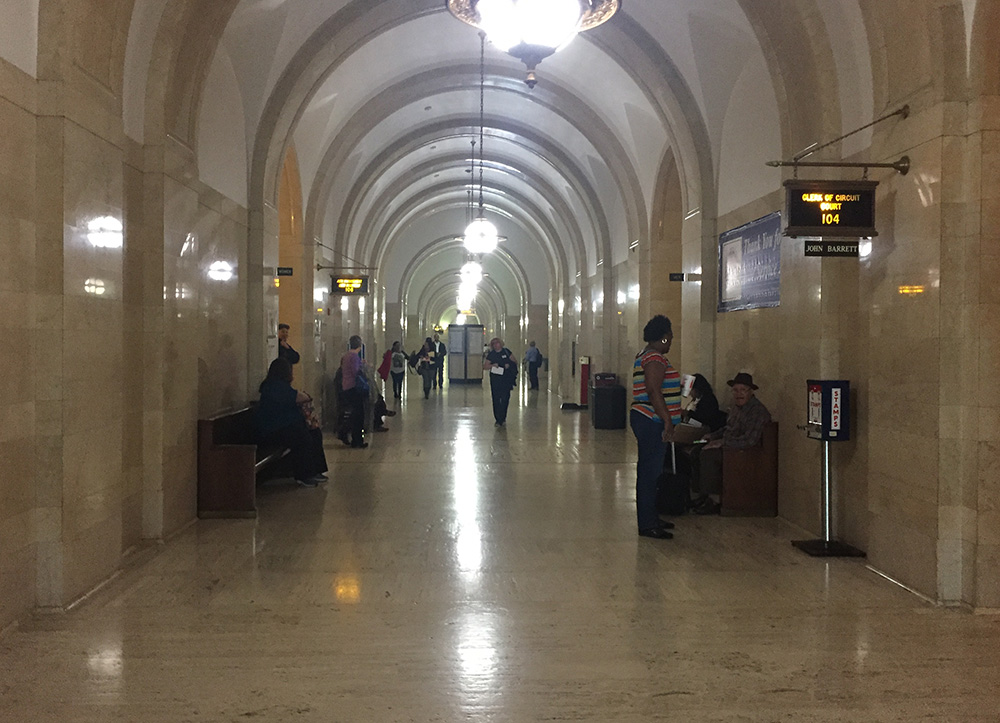Proposal Expands Reasons To Delay Juvenile Trial
New legislation would allow continued detention, without trial, due to "unforeseen emergency."
A bill which would broaden the conditions under which hearings could be delayed for detained or incarcerated juveniles went before the Assembly Committee on Judiciary Thursday. Under current law, juvenile courts must hold a hearing to determine whether a juvenile will remain detained within 24 hours of an arrest, excluding weekends and legal holidays. The bill, AB-249, would allow hearing dates for juveniles to be extended in the event of unforeseen emergencies and bad weather conditions. The bill’s text, however, does not include an end-date to that delay.
Rep. Rick Gundrum (R-Slinger) stated the bill was formulated after life-threatening cold temperatures made holding hearings unsafe in Washington County. The bill was first brought up during the last session and passed on a non-controversial voice vote prior to the pandemic. However, its progress was then delayed by the COVID-19 pandemic, which essentially froze the courts. Although the bill was created with a particular context in mind, the pandemic and protests of 2020 both add new layers of concern about its language.
Sortwell noted that Wisconsin was under a state of emergency due to COVID-19 for nearly a year. Not only could the bill be applied to various kinds of emergency, but there’s a concern that the delay could essentially be indefinite. Later, Committee Vice-Chair Samantha Kerkman (R-Salem) brought up the Kenosha unrest as another emergency where the bill could apply. Of course, both the pandemic and the Kenosha unrest occurred well after the bill was last explored during the last session.
Following up on the issue of broad language, Rep. Jeremy Thiesfeldt (R- Fond du Lac) asked whether a time limit could be added to the language. Kerman echoed the point, “I would prefer to maybe tighten it up a little bit. Giving maybe a 48-hour time frame.”
Gundrum stated that the general practice around juvenile hearings is that they’re scheduled as soon as possible. However he also said, “this is a last resort. As far as a juvenile in detention, they try to get them placed in a safer setting. But there are some juveniles that have committed some very, very bad crimes and would be a danger to society if you put them back out. But the ultimate goal is to get the hearing scheduled as soon as possible so that you don’t have to keep people in the local jail.” Gundrum added that he thinks the bill’s more flexible timeline for hearings will not be used very often in the state.
Juvenile detention bill brought to state judiciary committee was originally published by the Wisconsin Examiner.






















